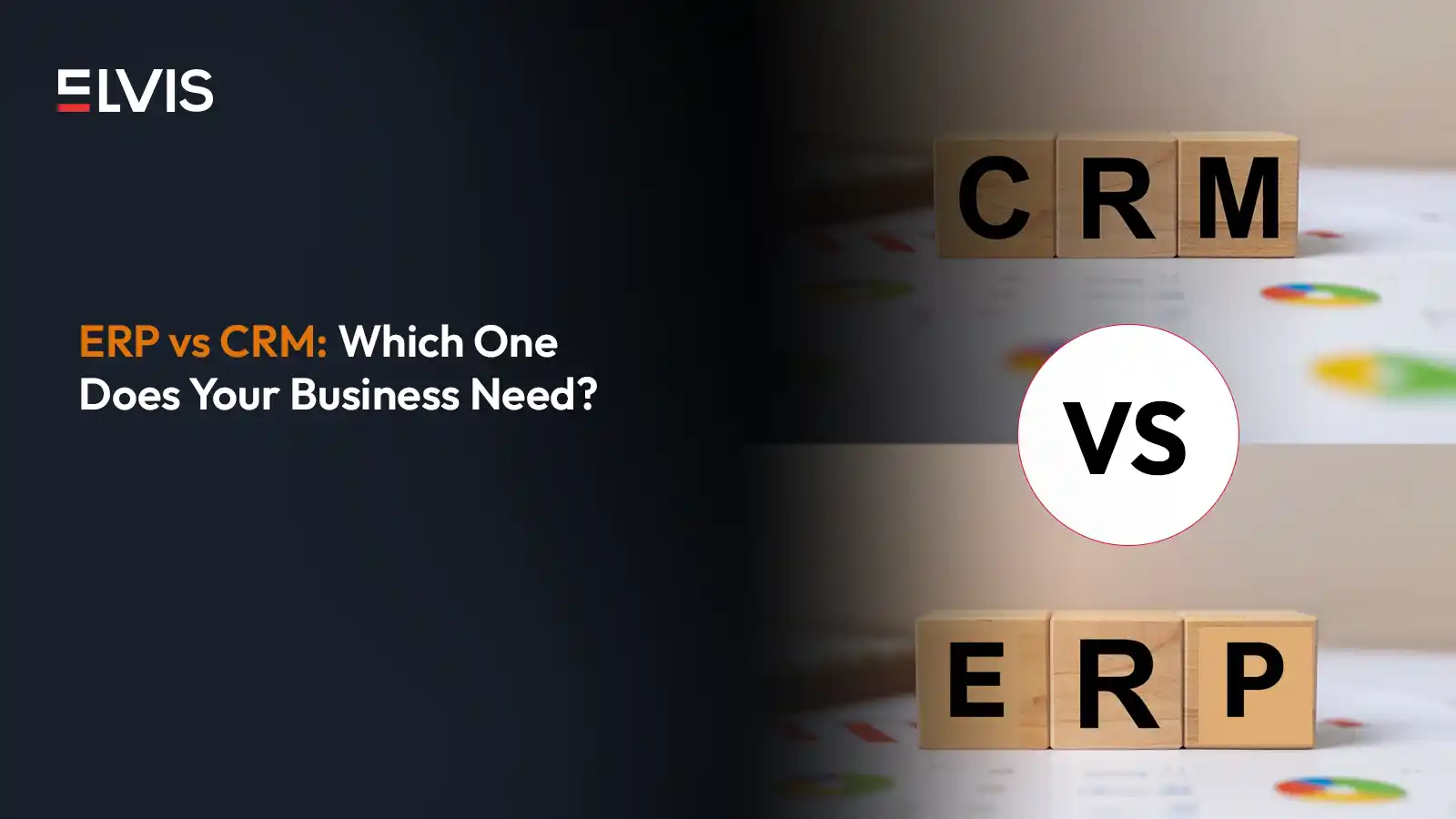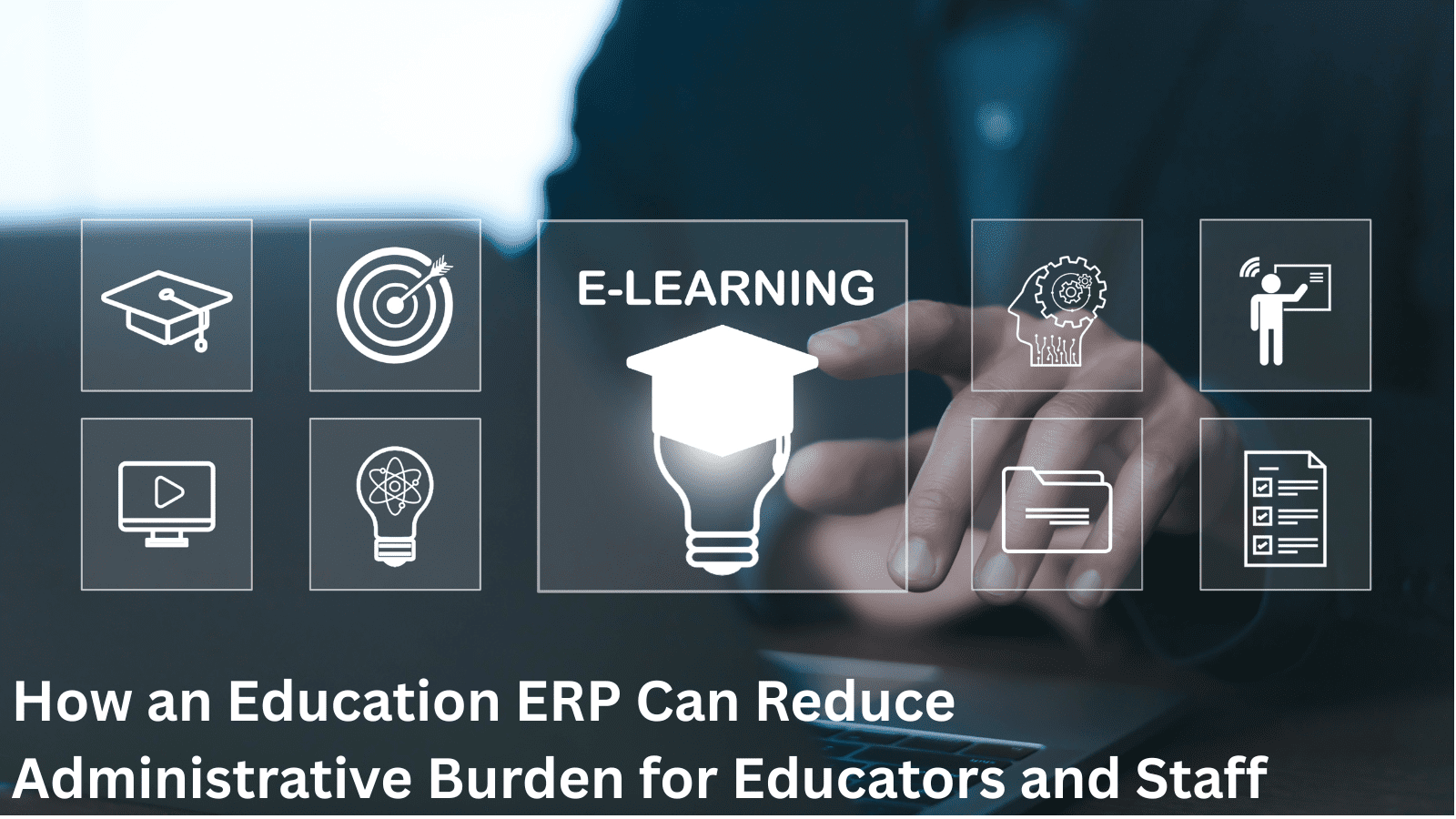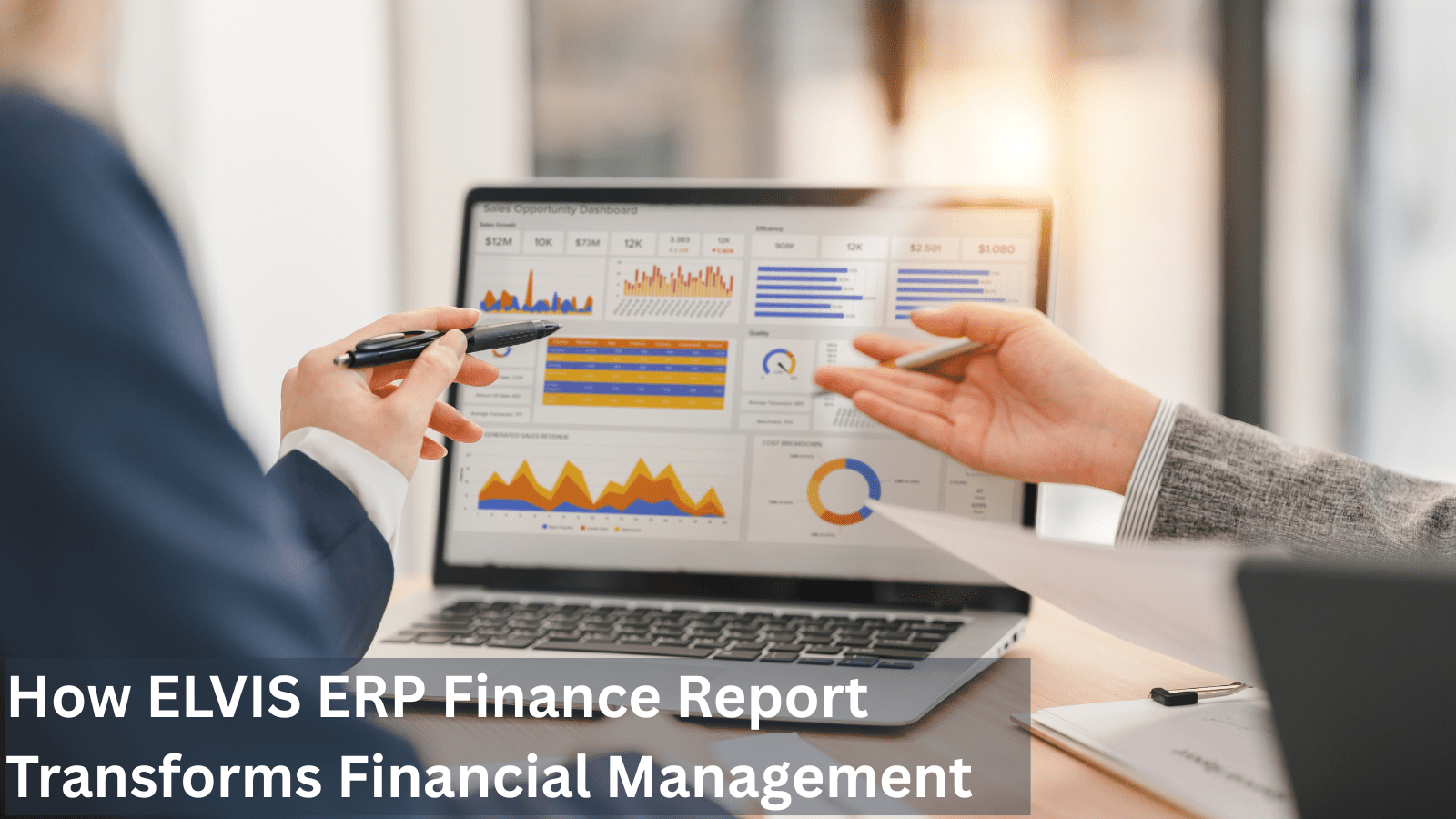Introduction
In today’s competitive business landscape, streamlining operations and nurturing customer relationships are crucial for success. Two software solutions that can significantly impact these areas are Enterprise Resource Planning (ERP) and Customer Relationship Management (CRM). But for businesses on a budget, deciding which one to invest in first can be a challenge.
Here’s a breakdown of ERP and CRM to help you decide:
ERP: The Backbone of Your Operations
Think of ERP as the central nervous system of your business. It integrates various departments like finance, inventory, human resources, and manufacturing into a single platform. Here’s what ERP can do for you:
Improved Efficiency: Streamline workflows, automate tasks, and gain real-time insights across departments.
Enhanced Financial Management: Manage accounts payable and receivable, track inventory levels, and generate financial reports with ease.
Better Resource Allocation: Optimize resource utilization by having a clear view of materials, manpower, and production capacity.
CRM: Building Stronger Customer Relationships
CRM focuses on managing all aspects of your customer interactions. It provides a centralized platform to track leads, nurture prospects, and provide exceptional customer service. Here are some key benefits of CRM:
Improved Sales Pipeline Management: Track leads, qualify prospects, and manage sales opportunities more effectively.
Enhanced Customer Service: Offer personalized support, resolve issues faster, and improve customer satisfaction.
Deeper Customer Insights: Gain valuable data on customer behavior, preferences, and purchase history to personalize marketing efforts.
Choosing the Right Fit
So, which one is right for your business? It depends on your current needs:
If you’re experiencing operational bottlenecks or struggling with data silos, an ERP can be a game-changer. It improves internal communication, optimizes resource allocation, and gives you a clearer picture of your overall business health.
If your focus is on building stronger customer relationships and boosting sales, a CRM is the way to go. It empowers your sales and marketing teams to nurture leads, personalize interactions, and provide exceptional customer service.
Making the Decision
Ultimately, the best choice depends on your specific needs and budget. Here are some factors to consider:
Company size and complexity: Larger businesses with diverse departments may benefit more from an ERP first.
Industry: Certain industries, like manufacturing or retail, might have a greater initial need for an ERP system.
Customer focus: If your business revolves around building strong customer loyalty, a CRM might be the better starting point.
The Power of Integration
For businesses that have the budget, the integration of CRM and ERP can be a game-changer. Imagine a scenario where your sales team in the CRM can see real-time inventory levels from the ERP. This allows them to provide accurate delivery estimates and avoid overselling products.
Conclusion
ERP and CRM are both valuable tools that can significantly improve your business operations and customer interactions. By understanding their strengths and how they can complement each other, you can make an informed decision about which system to prioritize first, or even plan for future integration. Remember, a well-implemented ERP or CRM can be a key driver of growth and success for your business.
Frequently Asked Questions (FAQs)
What are the key benefits of implementing ERP in a business?
- Improved Efficiency: ERP streamlines workflows and automates tasks, leading to increased operational efficiency.
- Enhanced Financial Management: It helps manage accounts payable and receivable, track inventory levels, and generate financial reports with ease.
- Better Resource Allocation: ERP optimizes resource utilization by providing clear visibility into materials, manpower, and production capacity.
How does CRM software contribute to business success?
- Improved Sales Pipeline Management: CRM enables businesses to track leads, qualify prospects, and manage sales opportunities more effectively, leading to increased revenue.
- Enhanced Customer Service: It allows businesses to offer personalized support, resolve issues faster, and improve overall customer satisfaction and retention.
- Deeper Customer Insights: CRM provides valuable data on customer behavior, preferences, and purchase history, enabling businesses to personalize marketing efforts and drive customer engagement.
How should businesses decide between investing in ERP or CRM first?
- Assess Current Needs: Determine whether the primary focus is on improving internal operations or building stronger customer relationships.
- Consider Budget: Evaluate the budget constraints and prioritize the software solution that aligns with immediate business goals.
- Company Size and Complexity: Larger businesses with diverse departments may benefit more from implementing ERP first, while smaller businesses focused on customer-centric strategies may prioritize CRM.
Can businesses integrate ERP and CRM systems?
Yes, integration of ERP and CRM systems can provide significant benefits by enabling seamless data exchange and collaboration between different departments.
Integration allows sales teams to access real-time inventory levels from ERP, enabling them to provide accurate delivery estimates and avoid overselling products.
Businesses with integrated ERP and CRM systems can improve overall efficiency, decision-making, and customer satisfaction.
How can businesses ensure the successful implementation of ERP or CRM systems?
- Define Clear Objectives: Establish specific goals and objectives for implementing the software solution to ensure alignment with business strategies.
- Provide Adequate Training: Invest in training programs to ensure that employees understand how to effectively use the software and maximize its benefits.
- Continuous Improvement: Regularly review and optimize processes to adapt to changing business needs and maximize the return on investment in ERP or CRM software.
What are the potential challenges of implementing ERP or CRM systems?
- Resistance to Change: Employees may resist adopting new processes and technologies, requiring effective change management strategies to overcome resistance.
- Data Migration Issues: Transferring data from legacy systems to ERP or CRM platforms can be complex and time-consuming, leading to potential data integrity issues.
- Cost Overruns: Implementation costs for ERP or CRM systems can exceed initial estimates due to customization, integration, and training expenses, requiring careful budget planning and management.








